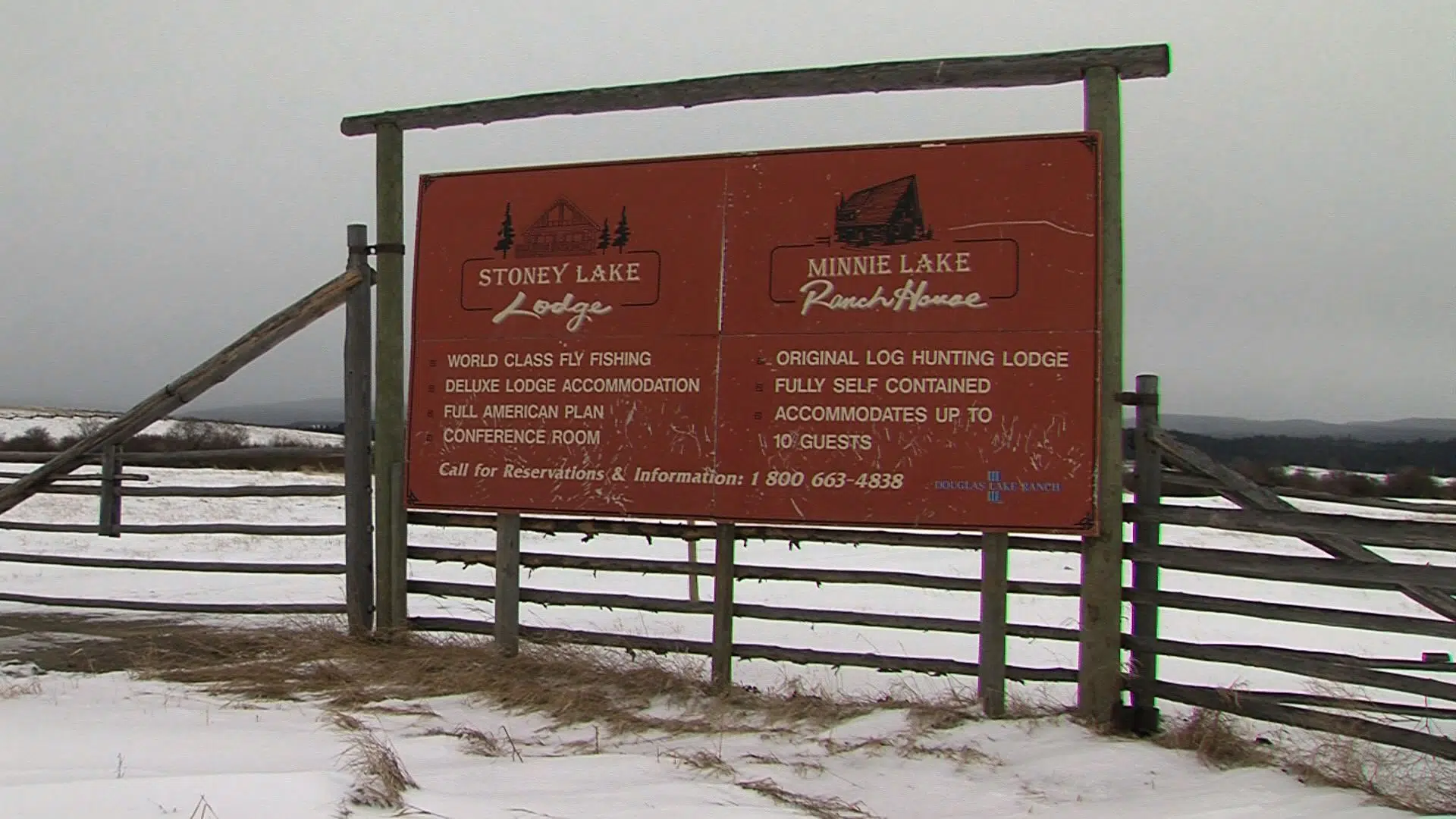
Fishing club facing ‘good fight’ over lake access against Douglas Lake Ranch
KAMLOOPS — Monday marked the beginning of a contentious civil case at B.C. Supreme Court in Kamloops.
The Douglas Lake Cattle Company is suing the Nicola Valley Fish and Game club in a fight over public access to two prominent fishing lakes near Merritt, Stoney and Minnie Lakes.
The company, owned by American billionaire Stan Kroenke, contends the lakes and the surrounding property are privately owned and there should be no public access.


